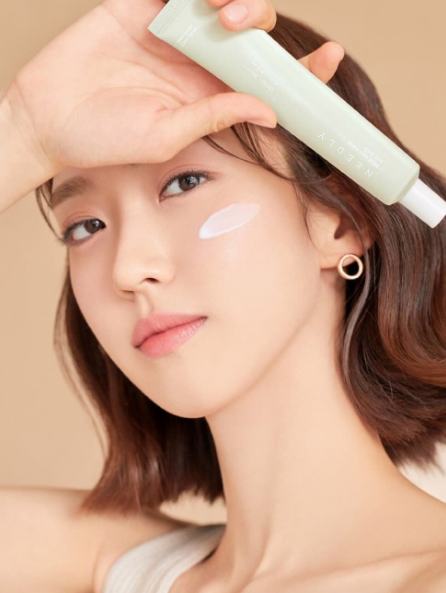Hydroxyethyl cellulose (HEC) plays several important roles in the cosmetics and personal care industry due to its unique properties. Here are the key roles of hydroxyethyl cellulose in cosmetics:
- Thickening Agent:
- HEC acts as a thickening agent in cosmetic formulations. It increases the viscosity of formulations, providing a desirable texture and consistency to products such as creams, lotions, and gels.
- Stabilizer:
- HEC serves as a stabilizer in emulsions, preventing the separation of oil and water phases. This is crucial in the formulation of emulsion-based products like creams and lotions.
- Suspension Agent:
- HEC helps suspend solid particles evenly in cosmetic formulations, preventing settling. This is particularly important in products like suspensions, shampoos with suspended particles, or other formulations containing solid additives.
- Film-Forming Agent:
- Hydroxyethyl cellulose can form clear and flexible films when dissolved in water. This film-forming property is utilized in cosmetic products to create a smooth and cohesive layer on the skin or hair.
- Moisture Retention:
- Due to its water-retaining properties, HEC helps maintain moisture in cosmetic formulations. This is beneficial for products like moisturizers and hydrating creams.
- Rheology Modifier:
- HEC acts as a rheology modifier, influencing the flow and consistency of cosmetic formulations. It contributes to the overall sensory experience of the product and helps control the application properties.
- Texture Enhancement:
- In cosmetic products such as creams and lotions, HEC enhances the overall texture, making the application smoother and more pleasant for the user.
- Shampoo and Hair Care Products:
- HEC is often used in shampoos and hair care products to improve viscosity, enhance product stability, and provide a better texture during application.
- Controlled Release:
- In some formulations, HEC can contribute to controlled release properties. This is particularly relevant in products where a gradual release of active ingredients is desired.
10.Compatibility:
- HEC is compatible with a wide range of cosmetic ingredients, making it versatile for use in various formulations without compromising stability or efficacy.
11.Transparent Gels:
- HEC is used to create transparent gels in cosmetic formulations, providing a clear and visually appealing appearance in products like hair gels or certain skincare products.
12.Sunscreen Formulations:
- In sunscreens, HEC may be used to improve the consistency and spreadability of the product on the skin.
13.Mascaras and Eye Products:
- HEC is employed in mascaras and other eye makeup products to control viscosity and provide a smooth application without clumping.
The use of hydroxyethyl cellulose in cosmetics contributes to the overall performance, stability, and sensory attributes of the products, enhancing the user experience. Formulators can tailor the concentration and type of HEC to meet specific requirements for each cosmetic formulation.


